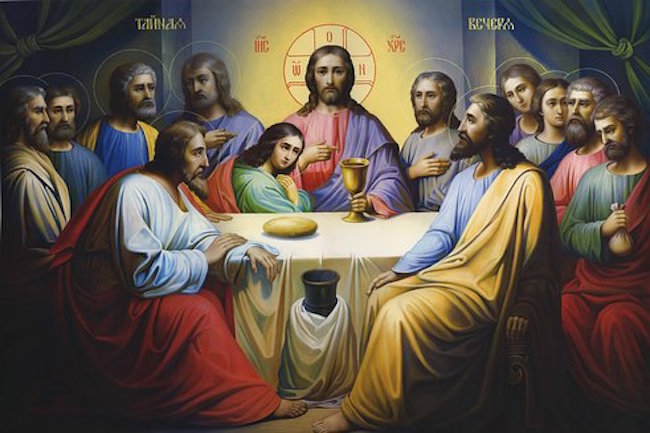Forgotten Lessons About Communion and Preaching by for The Gospel Coalition
Francis Chan dropped a theological bombshell in his much-discussed recent sermon about communion and the need for Christian unity around the Lord’s Table. This vision of the Eucharist (or Lord’s Supper) bases much of its argument on a certain reading of church history that many Roman Catholics would find congenial in its portrait of communion, the Reformation, and Catholic practice down through the centuries.
I will provide what I hope will be an irenic answer, one that explains the need to retrieve Christian thought from the history of the church, the legitimate centrality of preaching, and the significance of Christ’s presence in communion.
Body of Christ Central to Worship?
“I didn’t know,” Chan said in his sermon, “that for the first 1,500 years of church history, everyone saw [the communion meal] as the literal body and blood of Christ. And it wasn’t till 500 years ago that someone popularized a thought that it’s just a symbol, and nothing more.”
This reading portrays the 16th-century Reformation as a bowling ball that rolled down the ecclesial alley and eventually shattered church unity into a multitude of denominations. It suggests that such fragmentation started when the Reformers jettisoned communion from the center of worship in favor of homiletics. In other words, the sacramental body of Christ—not the pastor or his pulpit—is the proper center of gathered worship, a focal point with the power to once again unite churches. This view, however, raises two important questions: Is it appropriate to drive a wedge between the pulpit and the table? And did the church really enjoy a bond of unity around the Eucharist before the Reformation?




